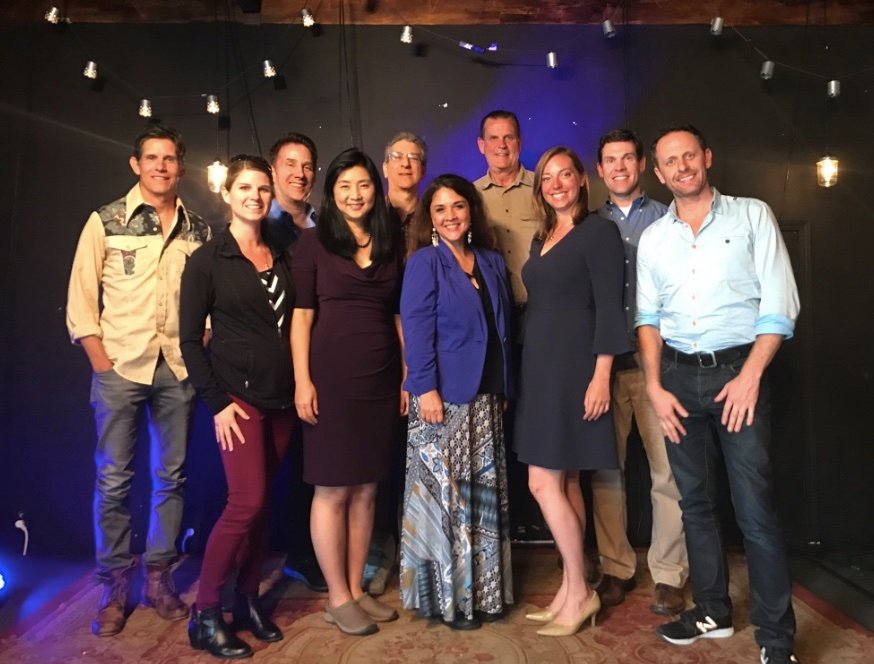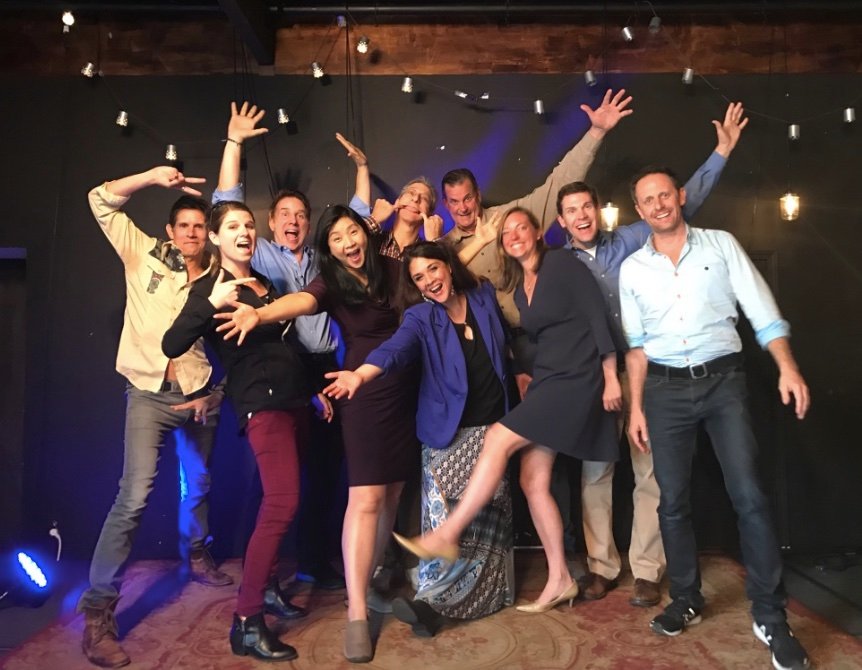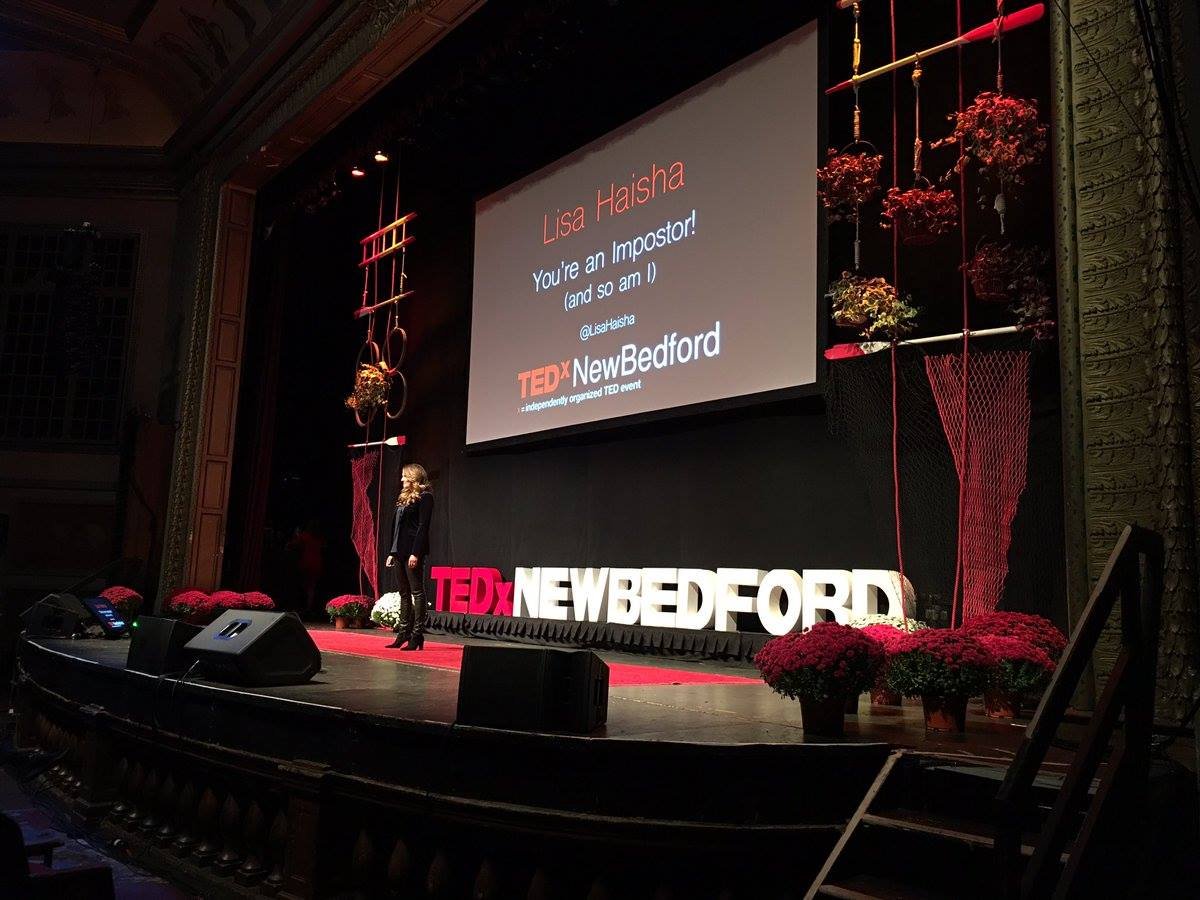Using Story for Persuading, Influencing, or Most Importantly, for Understanding
If you spend time, as I do, reading about the art and practice of storytelling you will often come across reference to the notion of persuading or influencing as the objective of crafting and presenting the story that you have in mind. I hear this from other speaker coaches, as well as renowned public speakers, and it’s not wrong, but it’s never been the way I see things.
Having watched a few thousand talks, and worked with a few hundred speakers, the stories which impacted me the most were the ones that informed me, expanded my knowledge, or brought forward a new way of looking at an important issue, not those trying to convince me that their way of thinking was better than mine.
Persuading
Causing someone to do something, or believe something, through reasoning or argument
Influencing
Having an effect on someone with the desire to change their behaviors, beliefs, or opinions
Understanding
The ability to comprehend based on knowledge of a subject, problem, process, or situation
When working with speakers I’ll ask them to think about what their audience will understand differently after hearing their talk. And there’s not a single answer to that question, as each person will have a different mindset before your talk begins.
And while it’s impossible to know what everyone listening understands in the moment, it’s a productive exercise to at least define a number of general categories (half a dozen or so) and then write out how you see their thinking/understanding transform.
Take that view a level deeper as you think about your audience by age, income, gender, ethnicity, education. How would a native understand your talk differently than an immigrant? Or a college student, as compared to a politician or business leader?
This exercise will prove beneficial while editing your manuscript. Consider your choice of words, and how deep you take your explanation of the issue. Remember, it’s not about having the audience think like you, it’s about them thinking differently than before they heard your talk.
contact me to discuss your storytelling goals!
◆
Subscribe to our newsletter for the latest updates!
Copyright Storytelling with Impact – All rights reserved





